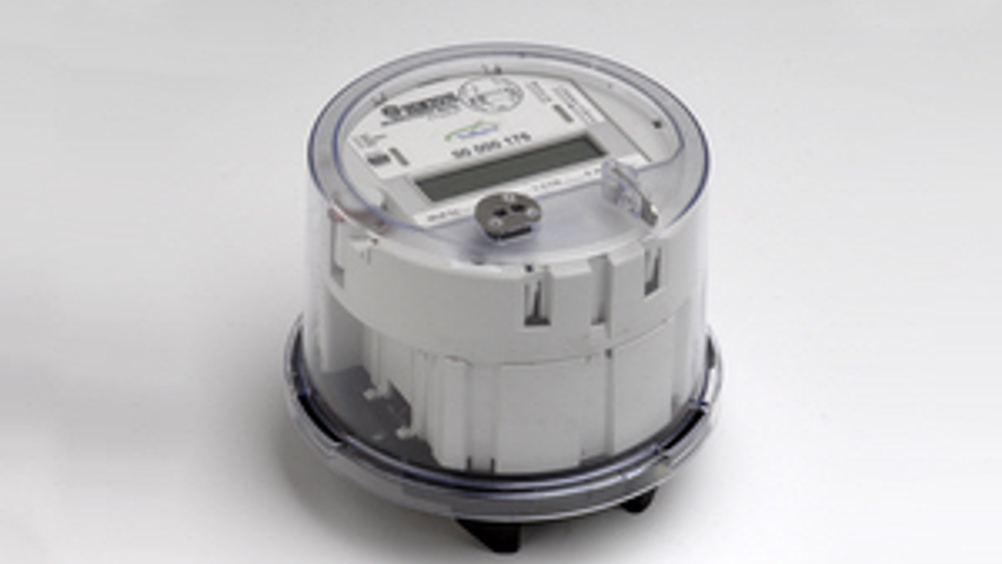New group aims to accelerate UK smart meter roll out
1 min read
Trilliant has launched a new Interoperability Group which it believes could help UK households unlock potential savings of £938million.

The smart grid communications specialist plans to unify multiple home energy management devices within a single ecosystem. This, it says could allow smart meter consumers to reduce energy bills by up to 10%.
The Group is built around the Trilliant Communications Hub, the first generally available hub designed to support the initial deployment stage of smart meters and the first to address multi-supplier and multi-device interoperability issues. According to Trilliant, it is already being delivered through a partnership with 'one of the big six' utility companies.
The Communications Hub Interoperability Group has been established to provide a way for UK utilities to adopt smart metering and to accelerate the adoption of energy management to consumers.
Recent research by the European Smart Metering Industry Group reported that UK households have the potential to achieve annual savings of £938million a year by measuring and managing electricity use using smart meters. The Government has identified smart meters as a key energy efficiency technology and is aiming for 52m smart meters to be installed in 30m UK homes and businesses between 2014 and 2019.
One of the key barriers to this roll out is the technical complexity of the multiple energy management devices on the market. By unifying these manufacturers, Trilliant says it aims to limit the time and expense of separate standalone equipment roll outs.
Jon Parr, managing director, EMEA, Trilliant, said: "The Government has set an ambitious, but achievable, target for utilities to roll out smart meters in UK homes and businesses. The Interoperability Group helps utilities start the roll out faster, with less risk, by offering them an environment where multiple energy management devices and technologies can securely and effectively talk to one another."
The products brought to market through the Interoperability Group will all be oriented towards providing consumers with better information about their energy consumption and empowering those consumers to make better decisions about energy use.











